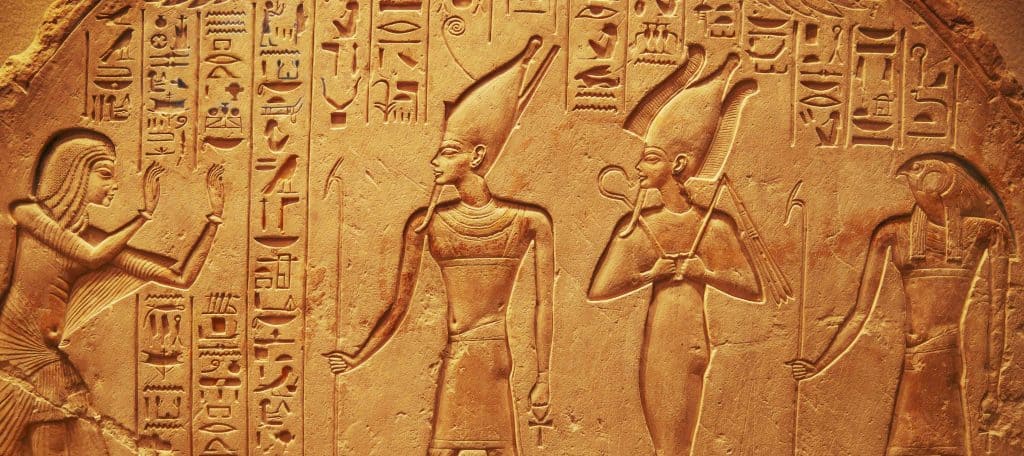Historical Events
14 Jan 2025
Historical Events
14 Jan 2025
Historical Events
13 Jan 2025
Historical Events
13 Jan 2025
Historical Events
13 Jan 2025
Historical Events
13 Jan 2025
Historical Events
13 Jan 2025
Historical Events
13 Jan 2025
Historical Events
13 Jan 2025
Historical Events
13 Jan 2025
Historical Events
13 Jan 2025



16 Jan 2020
06 Feb 2020
31 Jan 2020
07 Feb 2020
04 Feb 2020
31 Jan 2020
17 Jan 2020
07 Feb 2020